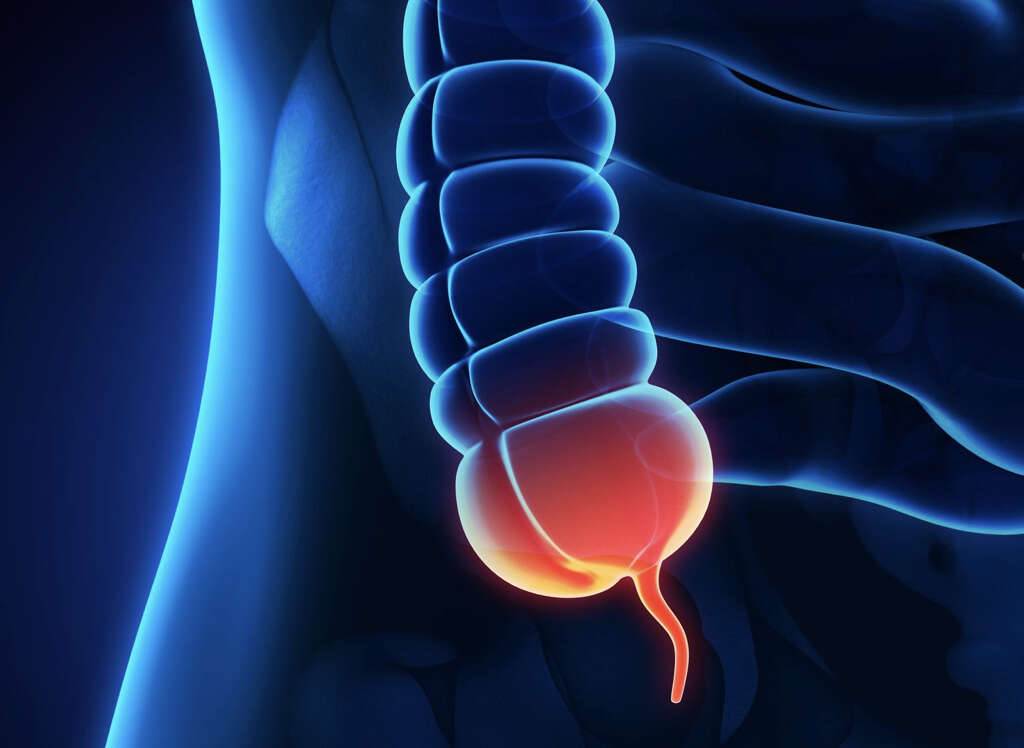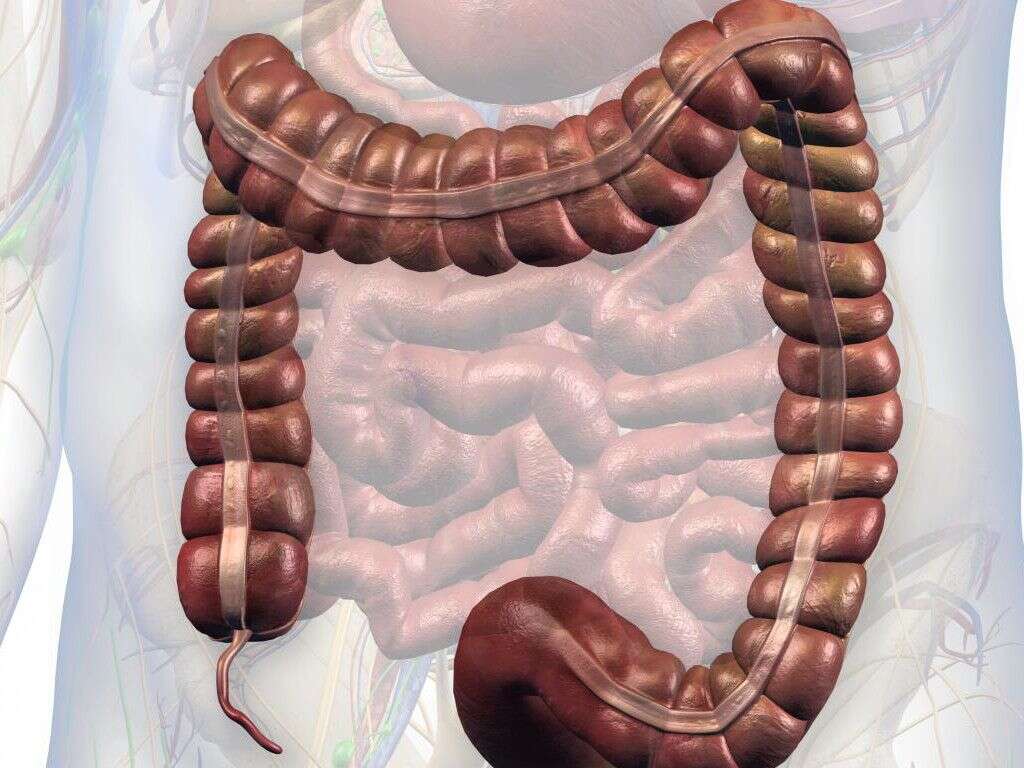What Does the Appendix Do?
The appendix is a thin-walled tube located in the lower-right part of the abdomen where the small intestine joins the large intestine. For a long time, this organ was considered to have no known function in the body. This is the reason the appendix has traditionally been removed in cases of infection and inflammation.
In fact, the appendix has a reputation for infection that causes serious inflammation known as appendicitis, and the ultimate removal of the organ is called an appendectomy. But this kind of reputation is changing as more comes to the fore about this seemingly useless part of the digestive system anatomy. In recent research, scientists have come to the conclusion that the appendix contributes toward good digestive and overall health. But what does the appendix do?
1. Stores Gut Flora
In 2007, some scientists suggested that the appendix works as a shelter for useful gut microorganisms, especially when the gut becomes inflamed, such that it rids itself of large amounts of microorganisms, both harmful and beneficial. Earlier, in 2000, some scientists concluded that the immune system supports the growth of beneficial bacteria. And somehow, the location of the appendix along the pathway of food and bacteria could have something to do with this process.
Then, a study showed that people who had had their appendix removed were more likely to get Clostridium difficile colitis more than other people. This is the reason why it is believed that the appendix works as a safe shelter for gut bacteria and other microorganisms.
2. Helps Replenish Beneficial Microorganisms
By acting as a store for gut flora, the appendix helps replenish beneficial microorganisms following massive loss. In the event of an inflammation within the digestive tract, large amounts of gut flora may be lost through diarrhea or vomiting.
However, once the irritation passes, the microorganisms stored within the appendix can multiply and help regain gut flora balance.

3. Supports the Immune System
The appendix is not known for its immune functions, but its unique structure helps to remove waste materials from the gastrointestinal tract. It also contains lymphatic vessels, which are responsible for the control of pathogens.
The appendix may also support the immune system to fight bacteria and viruses in the area surrounding the appendix. This way, the appendix along with the immune system cells work together to maintain the health of the gastrointestinal tract.
4. Production of B Lymphocytes
The appendix is involved in the maturation stage of a type of white blood cell called B lymphocyte. These belong to the small lymphocyte subtype of white blood cells. Their functions include secretion of antibodies by binding to specific antigens.
In this respect, the appendix provides an ideal site where the B lymphocytes are exposed to different antigens from the digestive system. B lymphocytes also provide memory for future production of antibodies for antigens similar to those encountered in the past.

5. Homeostatic Function
In the fetus, the appendix has endocrine cells whose responsibility is to produce biologic compounds called amines and peptides. These compounds have homeostatic functions.
It is worth to note that the maintenance of optimal body conditions is necessary for proper development and growth of the fetus. While the appendix has endocrine functions at the fetal stage, this may become less pronounced with further development of the fetus, and after birth.
6. What Can Go Wrong with the Appendix?
The appendix, similar to other body organs and tissues, can suffer from infection or other medical conditions.
Appendicitis is the best known of the conditions that can affect the appendix, although there are others which include tumors. When a person is diagnosed with appendicitis, the traditional treatment method is the removal of the appendix through an appendectomy.

7. What Is Appendicitis?
Appendicitis is the inflammation of the appendix, which usually starts with an infection. The condition first presents with pain in the abdominal cavity, especially in the center of the abdomen because the appendix is one of the organs that develop from the embryonic midgut.
If you ignore the pain, the inflammation usually becomes more specific, and is increasingly localized to the lower-right quadrant of the abdominal cavity because the inflammation may now also affect the peritoneum. The resultant pain is called rebound tenderness, because it is relieved by putting pressure over it, but becomes severe when you remove this pressure. Additional symptoms of appendicitis include vomiting and fever.
8. Diagnosis of Appendicitis
If you think that you have appendicitis, you are advised to pay your doctor a visit immediately. The condition can be diagnosed clinically by assessing the symptoms, and a physical examination.
If your condition is not severe, the doctor may order for some laboratory tests and imaging of the abdomen, after which they will advise on treatment.

9. Treatment for Appendicitis
Once diagnosed, removal of the appendix is the usual form of treatment. However, in recent times, doctors have reported some positive results in trying to treat the inflamed appendix.
If the condition is acute, it can be treated with antibiotics and cooling of the inflamed appendix. This treatment option has been used successfully in many cases. However, some cases still require surgical removal of the organ. If the condition is left untreated, the appendix may rupture, spreading the inflammation and infection to the surrounding tissues. This can cause shock and may even lead to death.
10. Long-Term Outlook for Appendicitis
If your appendix has been removed, your doctor will inform you on how to take care of yourself. The surgery takes weeks or even months before full recovery, but the long-term outlook is generally good.
However, although appendectomy has been the most common treatment for appendicitis, it can increase the risk for other health issues. These include developing colorectal tumors, especially rectal cancer, and Parkinson’s disease later in life.








